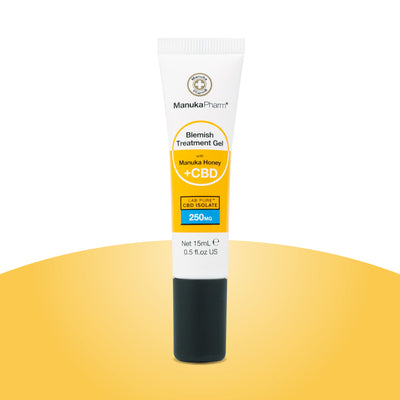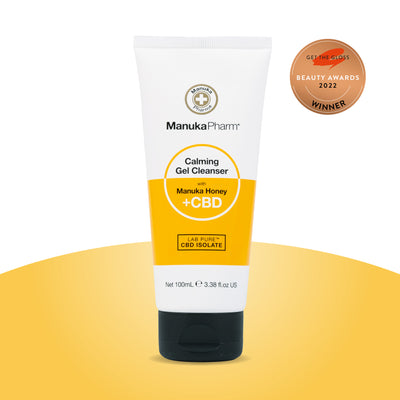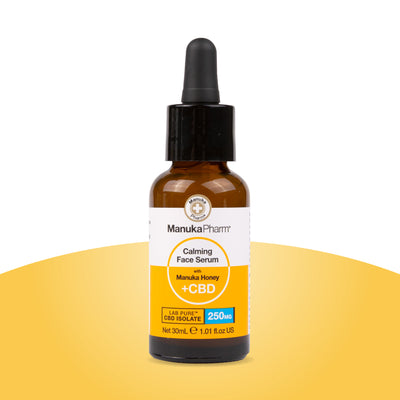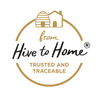It is a truth universally acknowledged that almost everyone, at some point in their life, will experience acne. For some, it will occur during adolescence, while for others, acne can come on later in life. If, like me, you fall into camp B – know that you’re not alone. Statistics suggest that adult acne is on the rise and according to a recent figure – it affects 15% of adult women*.
My question is this - why is it that some of us can get through puberty unscathed and then just before turning 30, find our skin breaking out more than ever before? Determined to find an answer, as well as how to tackle it, I’ve delved into the research.
What is adult acne?
Let’s begin by defining acne. According to the National Institutes of Health (NIH), acne is a common skin condition that happens when hair follicles under the skin become clogged. An umbrella term, the NHS has identified six types of spots caused by acne including blackheads, whiteheads, papules, pustules, nodules and cysts.
Adult acne is acne that occurs after the age of 25 and can be divided into three broad categories – persistent (acne present in adolescence continues into adulthood), new onset (acne occurs for the first time in adulthood) and recurrent (it appears in adolescence, disappears, then reappears in adulthood). Persistent is the most common, seen in 75-85% of cases*.
Why does adult acne occur?
Acne doesn’t discriminate – it can appear on anyone, at any age and the underlying factors that cause acne in adolescence remain the same in adulthood: excess oil production, bacteria and inflammation.
It is the indirect factors, including hormones, stress, environment and diet, that vary. For instance, fluctuating hormone levels impact skin’s sebum production which is why breakouts often occur during puberty, around periods, pregnancy and menopause. Researchers have also found a link between stress and acne as our bodies produce more androgens (hormones which stimulate the oil glands) in response to stress which can lead to acne*.
How to tackle adult acne
The first port of call is to speak to a medical professional for advice. Dermatologists can help identify the cause in order to find an appropriate treatment. While certain types of acne may require oral medications, others can respond well to topical treatments.
As well as seeking advice, there are certain skincare steps you can incorporate at-home to help treat acne:
- Cleanse daily: Wash your face, both AM and PM, to remove makeup, grime and dirt that can otherwise build up and clog pores. Look for fragrance-free, gentle formulas that are non-comedogenic.
- Exfoliate: Be it physical or chemical, exfoliators remove dead skin cells and help prevent future breakouts. That said, avoid over exfoliating as this can lead to dryness or further spots - between one to three times a week is recommended. I’d opt for chemical exfoliants containing blemish-busting ingredients like salicylic acid.
- Apply spot treatments: Targeted spot treatments can help kill bacteria and speed up healing. My go-to? Manuka Pharm’s Targetted Blemish Treatment, £15, blended with calming CBD, anti-inflammatory violet willow bark and anti-bacterial tea tree oil.
- Wash your bedding: Bacteria and oil can also build up on our pillowcases. To help stop the spread to our skin, the experts recommend weekly washes with fragrance-free detergent.





















